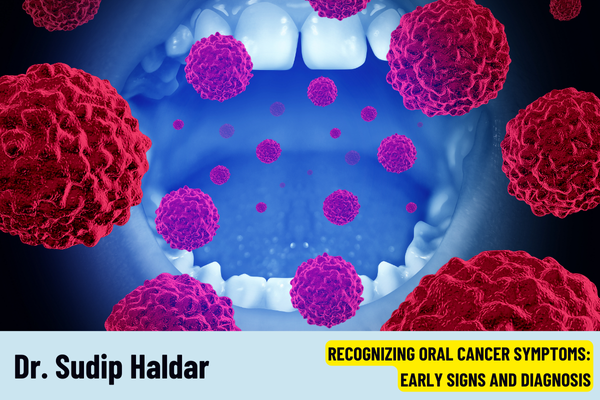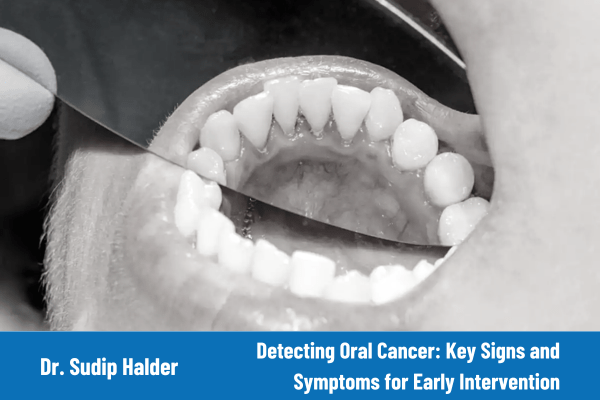Recognizing Oral Cancer Symptoms: Early Signs and Diagnosis
Recognizing Oral Cancer Symptoms: Early Signs and Diagnosis Oral cancer is a serious condition that affects the mouth, lips, and throat. Recognizing the symptoms early can lead to more effective treatment and significantly better outcomes. Here’s what to look out for: #### Early Symptoms Oral cancer often begins with subtle signs that are easy to overlook. Common early symptoms include persistent mouth sores, unexplained bleeding, or white or red patches on the gums, tongue, or lining of the mouth. Other early signs might be a lump or thickening in the cheek, and difficulty chewing or swallowing. #### Additional Warning Signs As oral cancer progresses, symptoms may become more pronounced. These can include persistent sore throat, hoarseness, and changes in voice. Unexplained weight loss, numbness or pain in any area of the mouth, and ear pain can also be indicators. It’s crucial to pay attention to any changes in oral health and seek medical advice if these symptoms persist for more than two weeks. #### Diagnosis Early diagnosis is vital for successful treatment. If oral cancer is suspected, a healthcare provider will conduct a thorough examination, which may include a biopsy to test for cancer cells. Imaging tests such as X-rays, CT scans, and MRIs may also be used to determine the extent of the disease. Being aware of oral cancer symptoms and seeking prompt medical attention can make a significant difference. Regular dental check-ups and self-examinations are essential in catching potential issues early, leading to timely and effective treatment.
Recognizing Oral Cancer Symptoms: Early Signs and Diagnosis Read More »


